How do LED dimming power supplies perfectly integrate with other smart devices?
The evolution of home and commercial automation demands more than standalone components—it requires harmonious interaction between technologies. At the heart of this transformation lies the revolutionary capability of LED dimming power supplies to act as intelligent bridges within connected environments. Unlike basic drivers, these sophisticated units employ multiprotocol communication chipsets (including Zigbee 3.0, Z-Wave Plus, and Wi-Fi HaLow) that enable bidirectional dialogue with thermostats, security panels, blind actuators, and central hubs like Amazon Alexa or Google Home.
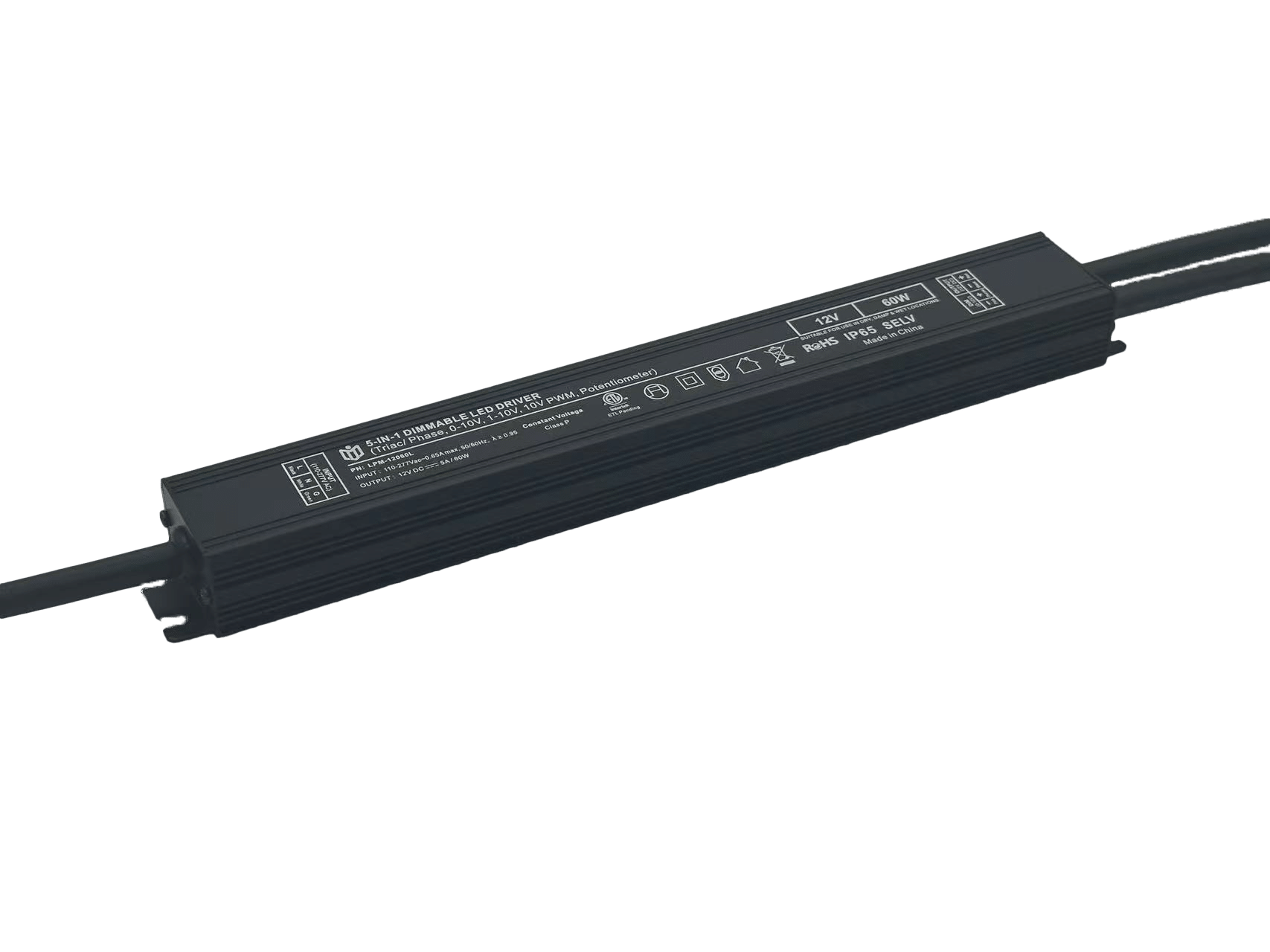
Modern installations leverage dynamic load management algorithms that automatically adjust color temperatures based on occupancy sensors or natural light levels detected by paired smart windows. For instance, when motion ceases in a room, the system cascades commands through KNX bus lines to gradually reduce illumination while maintaining safety thresholds—all without disruptive flicker due to advanced PWM frequency control above 20kHz. This level of coordination extends to energy monitoring too; integrated BMS systems track real-time consumption patterns across zoned areas via MQTT messaging protocols.
Crucially, manufacturers now offer firmware updatable gateways embedded directly into drivers, allowing retrofitted legacy fixtures to gain Matter compliance instantly. A hotel case study in Berlin demonstrated 37% operational cost savings after upgrading their existing track lighting systems with adaptive drivers capable of responding to guest preferences stored on property management software. Similarly, museum curators utilize tunable white capabilities synced with circadian rhythm studies conducted by adjacent environmental controls.
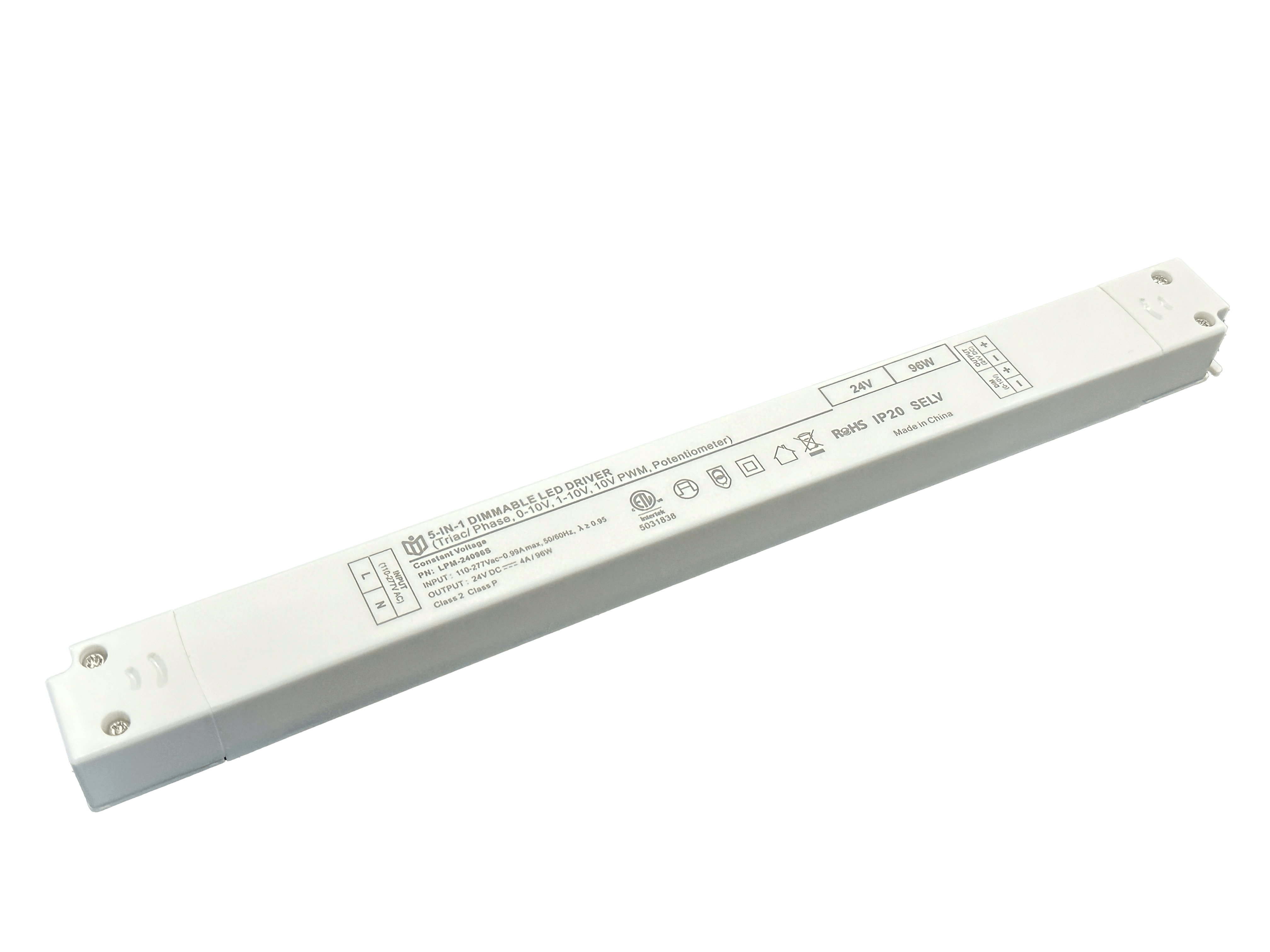
Beyond residential applications, industrial settings benefit from predictive maintenance alerts triggered by voltage telemetry data shared across SCADA networks. Hospitals implement emergency mode overrides where life safety preempts aesthetic dimming profiles during power fluctuations. The convergence isn't limited to wired topologies either—Bluetooth mesh networks now support wireless commissioning tools that map facility layouts digitally before physical installation begins.
Looking forward, edge computing integration promises sub-50ms latency responses between interoperable devices. Emerging standards like DALI-2 certification ensure backward compatibility while supporting IPv6 addressing schemes necessary for large-scale deployments. As buildings become active participants rather than passive consumers of energy, the role of intelligently managed LED drivers will only grow more critical in orchestrating this symphony of smart technologies.
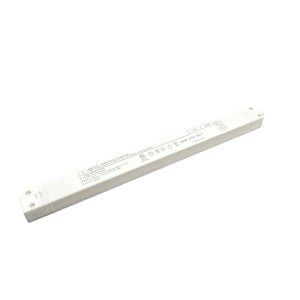 In heritage architecture prote
In heritage architecture prote
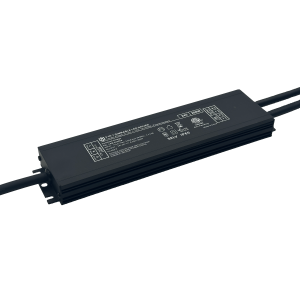 When small-batch customization
When small-batch customization
 Have the electromagnetic emiss
Have the electromagnetic emiss
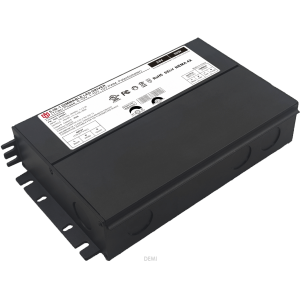 When Triac dimmable power supp
When Triac dimmable power supp
